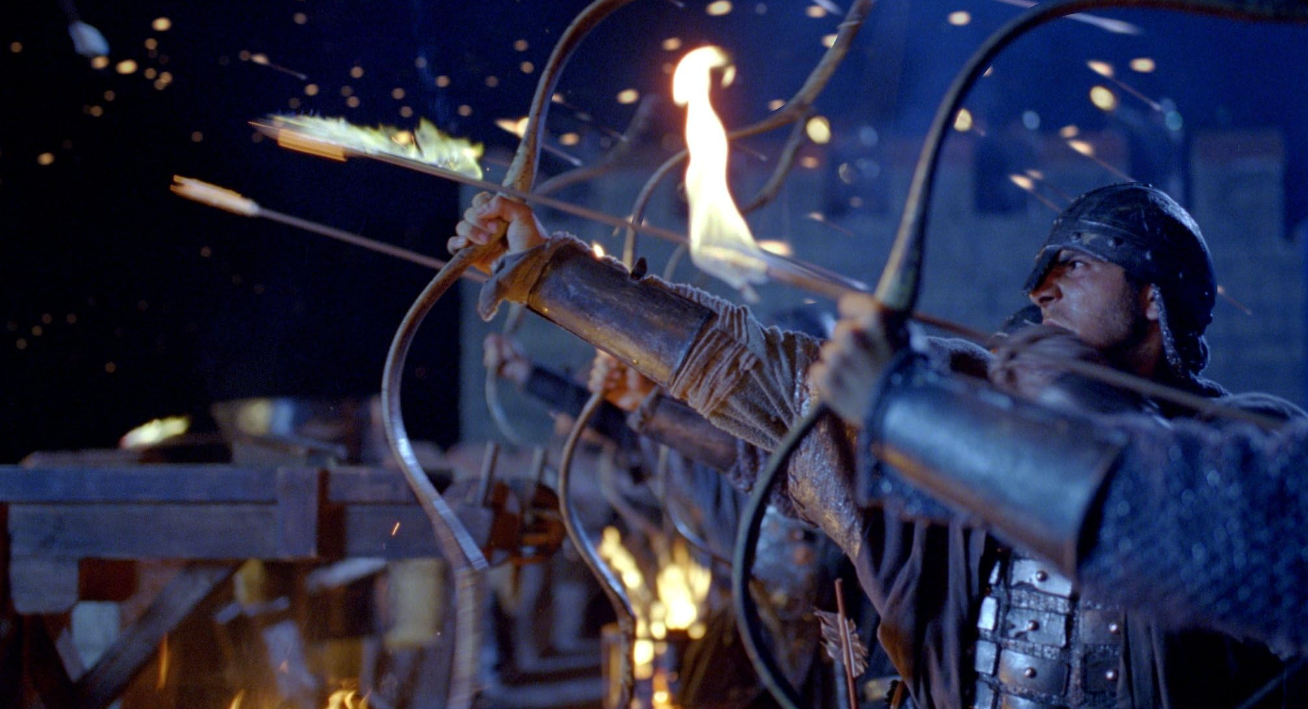
Cinema has a profound ability to shape global perceptions, influencing audiences far beyond their immediate surroundings. From the earliest days of cinema to the present, legendary films have served not only as entertainment but as powerful tools for cultural and political messaging. This influence carries with it significant responsibilities.
Are communication planners, writers, producers, and directors aware of their role in shaping international cultural perceptions?
In the early stages of cinema and television, such considerations were not part of the discourse. Today, however, communication has become a specialized field. We often hear stories of irresponsibility within television and journalism, and the trustworthiness of the media is increasingly questioned. This scrutiny extends to cinema, which, even before the media era, has been subject to its own narratives of irresponsibility.
Western cinema, particularly American cinema which dominates the global stage, has frequently been used as a propaganda tool. This has sometimes involved portraying negative stereotypes of non-Western cultures, including Turks. For instance, the Canadian director Atom Egoyan's film "Ararat," which explores the alleged Armenian genocide in Eastern Anatolia during World War I, sparked significant controversy in Türkiye upon its release at the 2002 Cannes Film Festival. Critics in Türkiye condemned the film both for its artistic merits and its biased perspective.
Recently, Netflix's decision to air the series "Famagusta," depicting the Turkish military as "occupiers" during the Cyprus Peace Operation, has reignited debates about the portrayal of Turks in Western media. As discussions about such portrayals resurface, examining past instances where Western cinema has depicted Turkish and Ottoman images can provide a more comprehensive understanding of the ongoing issues.
This exploration aims to shed light on the varied representations of Turks and Ottomans in Western cinema, highlighting how these portrayals have evolved and the impact they continue to have on international perceptions.
The cinematic world has long been fascinated by the grandeur and complexities of the Ottoman Empire. From epic sieges to heart-wrenching personal tales, these films capture the essence of a vast and influential empire.
Here's a closer look at 10 remarkable films depicting the Ottoman Empire, presented in chronological order.
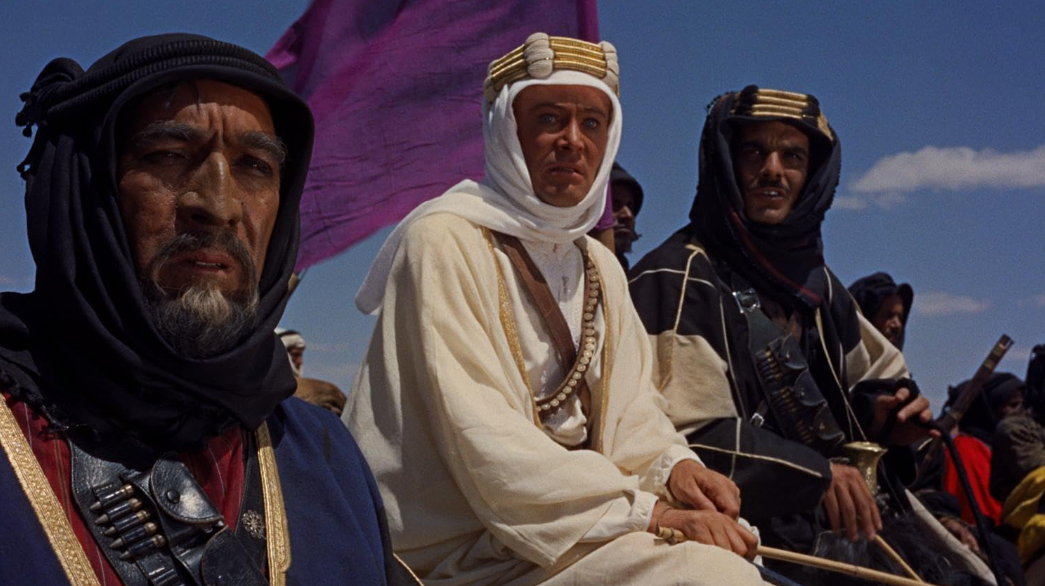
"Lawrence of Arabia" follows the story of T.E. Lawrence, a British officer sent to Arabia during World War I. His mission is to assess the situation of the Arab tribes rebelling against the Ottoman Empire.
As Lawrence becomes deeply involved in the Arab Revolt, the film explores the complex relationships between the Arabs and the British, highlighting Lawrence's internal conflict as he navigates his loyalty to the British Empire and his growing attachment to the Arab cause. The film is a cinematic masterpiece, renowned for its sweeping desert landscapes and its portrayal of the shifting power dynamics during the decline of the Ottoman Empire.
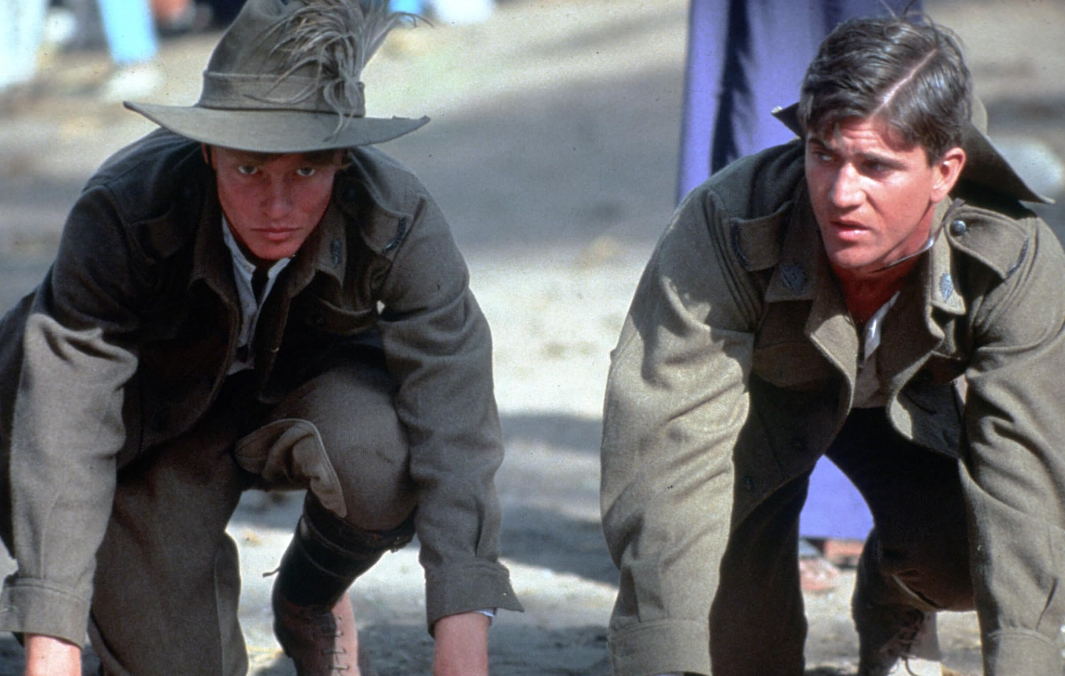
Set against the backdrop of World War I, "Gallipoli" tells the story of two young Australian men, Archy and Frank, who join the Australian Army to fight in the Gallipoli Campaign against the Ottoman forces.
The film depicts their journey from the Australian outback to the trenches of Gallipoli, where they face the brutal realities of war. Through the eyes of these soldiers, the film captures the camaraderie and tragedy of the Gallipoli Campaign, a pivotal moment in both Australian and Ottoman history.
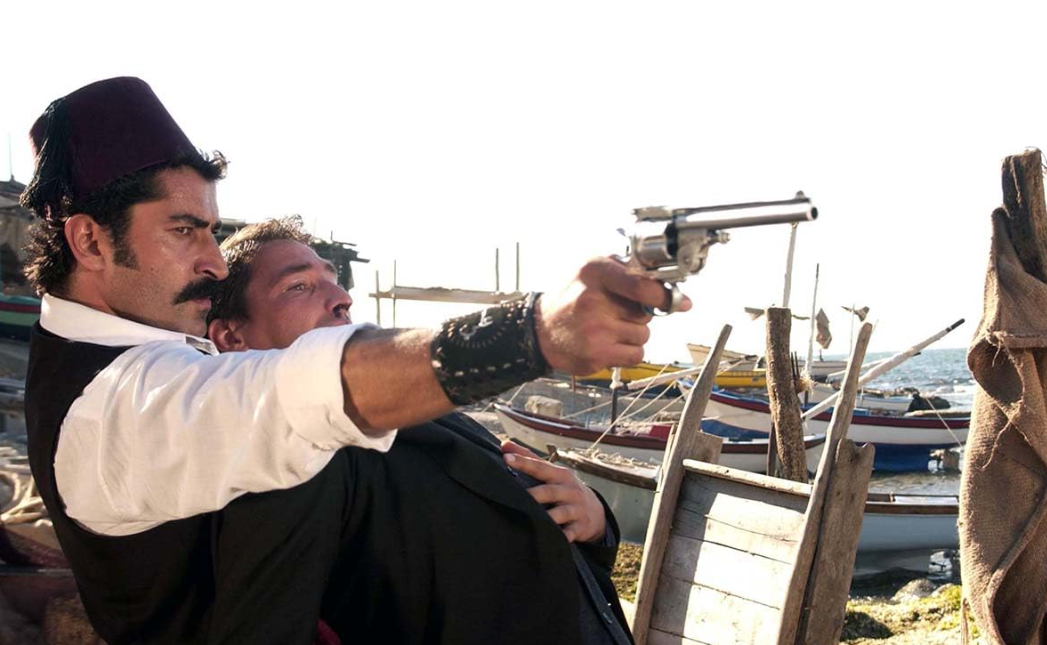
"Son Osmanli: Yandim Ali" is set during the tumultuous period of the Turkish War of Independence, following the occupation of Istanbul by Allied forces. The film centers on Yandim Ali, a former Ottoman sailor who initially seeks to escape the chaos by fleeing to Vienna.
However, after meeting Mustafa Kemal Ataturk and witnessing the struggles of his fellow countrymen, Yandim Ali transforms from a disillusioned man into a devoted freedom fighter. The film blends historical drama with action, portraying the patriotic fervor that fueled the Turkish resistance against foreign occupation.
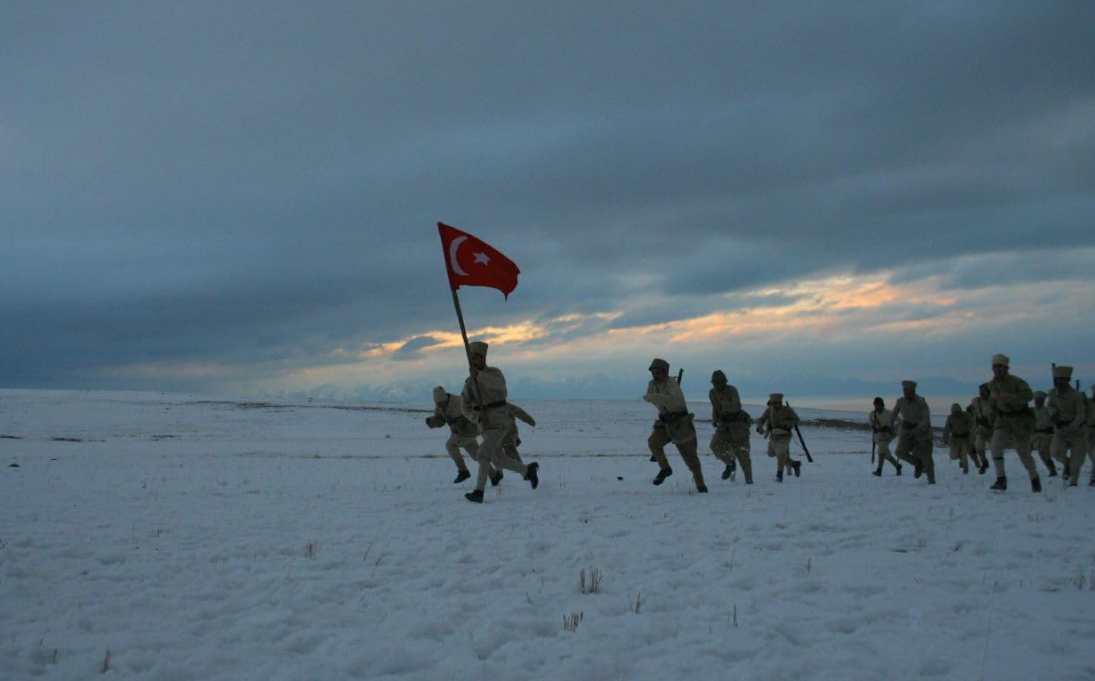
"120" tells the true story of 120 young boys from Van who volunteered to deliver ammunition to the Ottoman soldiers fighting against the Russians during World War I. With the adult men away at war, these boys, aged between 12 and 17, embark on a perilous journey through harsh winter conditions to fulfill their mission.
The film is a poignant tribute to the bravery and sacrifice of these children, highlighting the impact of war on even the youngest members of society.
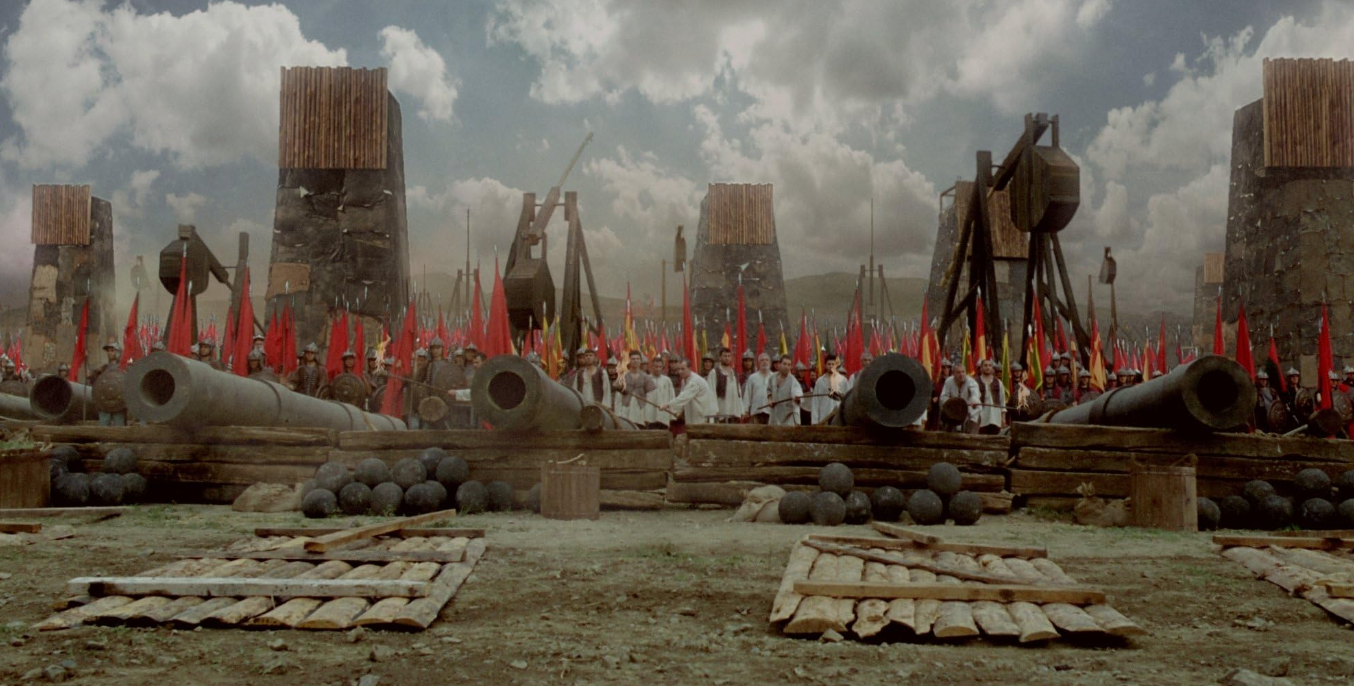
"Fetih 1453" is an epic historical drama that chronicles the events leading up to and including the conquest of Constantinople by Sultan Mehmed II in 1453. The film portrays the young sultan's determination to capture the city, which had long been a symbol of Byzantine power.
With grand battle scenes and detailed historical depictions, "Fetih 1453" showcases the military strategies and technological innovations that led to the fall of Constantinople, marking the rise of the Ottoman Empire as a dominant global power.
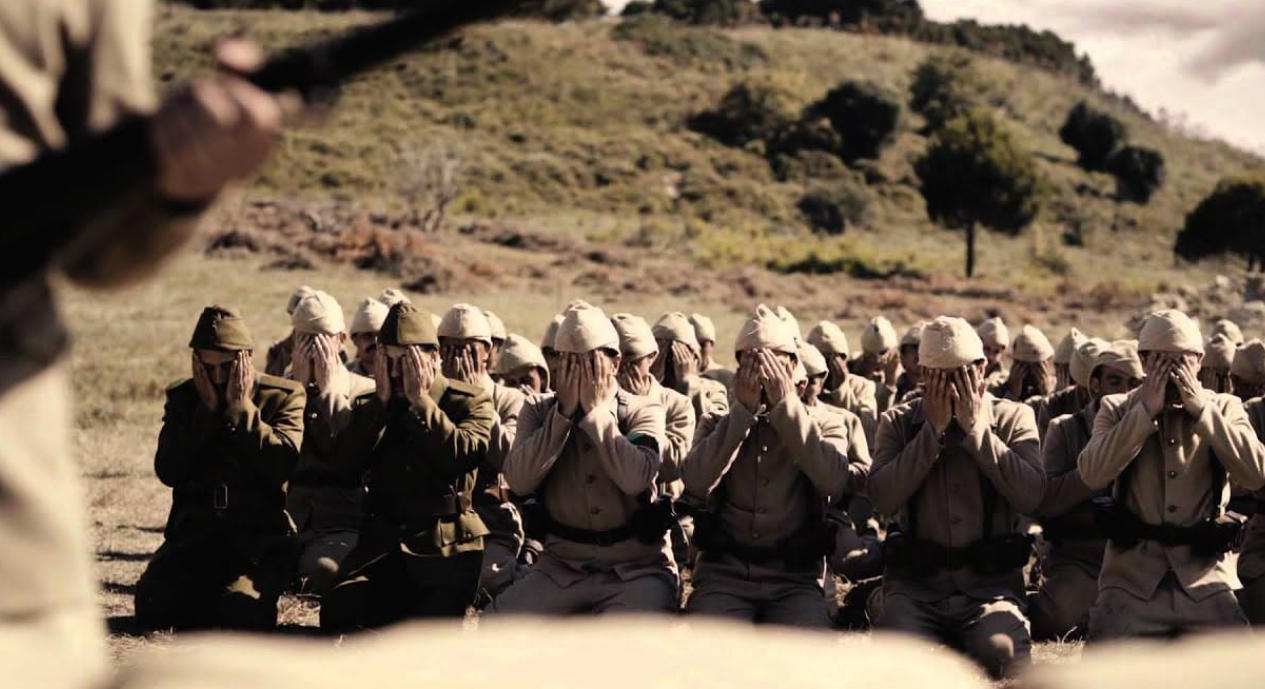
"Canakkale 1915" delves into the lives of young Ottoman soldiers during the Gallipoli Campaign. The film follows the stories of Veli and Mehmet Ali, two young men who, like many others, volunteer to fight for their homeland.
As they face the horrors of war, the film captures the resilience and bravery of the Ottoman soldiers who defended their land against a formidable enemy. "Canakkale 1915" pays homage to the sacrifices made by these soldiers, highlighting the significance of the Gallipoli Campaign in Ottoman history.
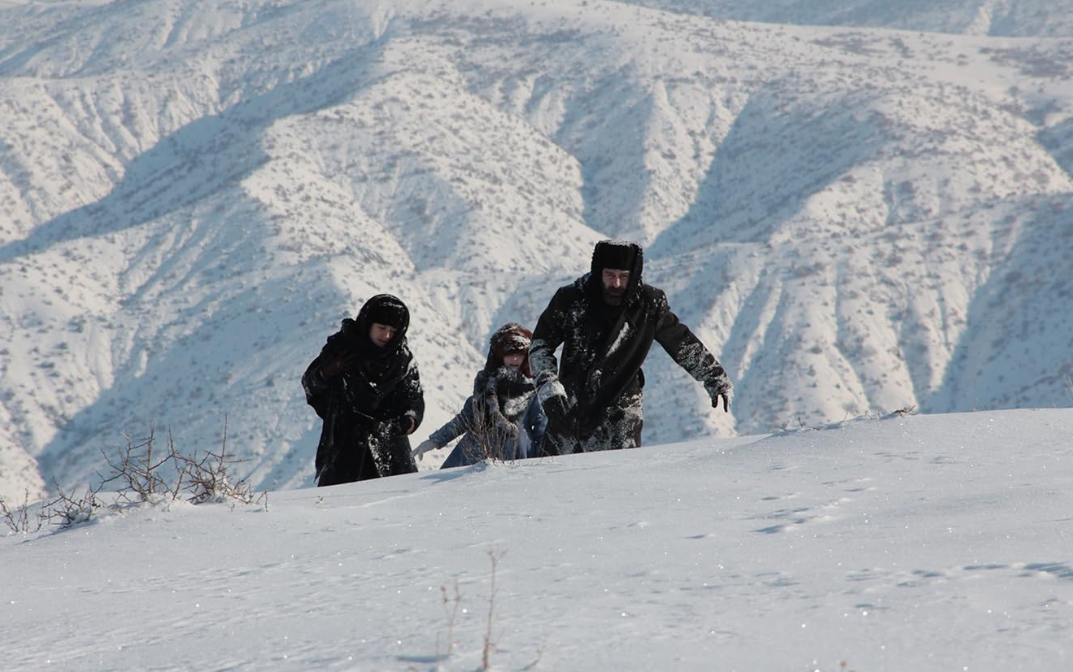
Set during the Sarikamis Offensive in World War I, "Eve Donus: Sarikamis 1915" (The Long Way Home) follows Gul Hanim and her daughters as they journey through the desolate and unforgiving terrain of eastern Anatolia.
Accompanied by a government official, Saci Efendi, they struggle against harsh weather conditions and the isolation of the abandoned villages they pass through. However, they soon discover that they are not alone in these ghostly lands. As they encounter other survivors, the film shifts into a gripping tale of survival, where the characters must face both the elements and the dangers lurking in the wilderness.
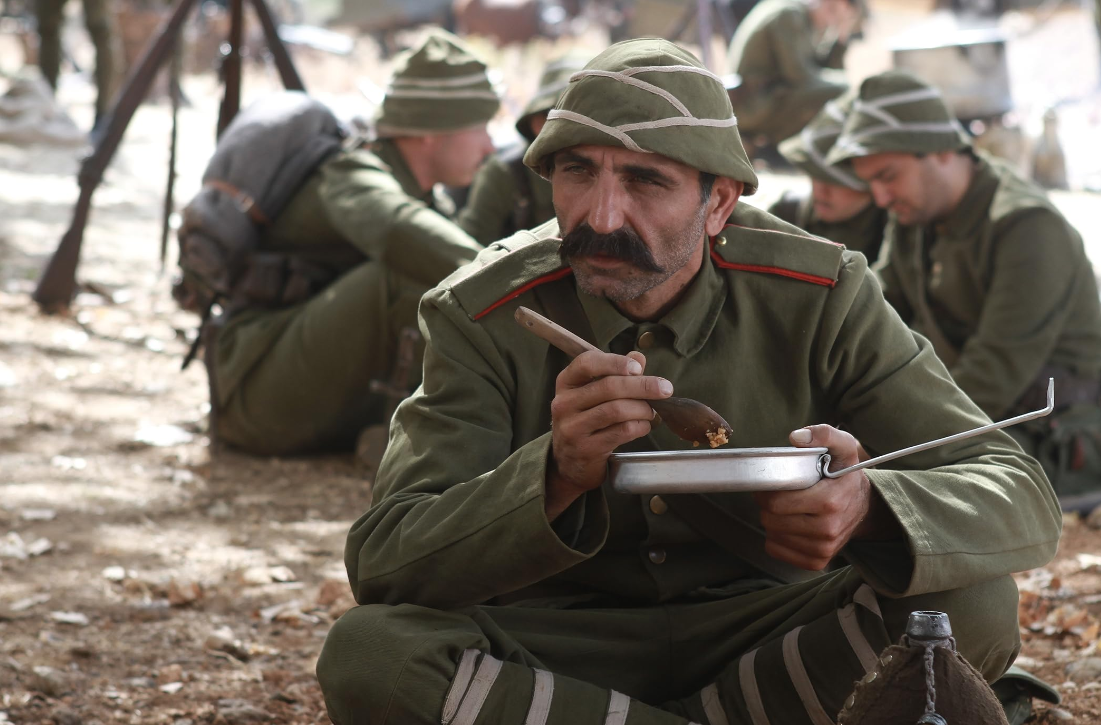
Canakkale Yolun Sonu focuses on the Gallipoli Campaign through the lens of two brothers, Muhsin and Hasan, who find themselves on the front lines. Muhsin, a skilled sniper, is tasked with taking out enemy soldiers, while his younger brother Hasan serves in a support role.
The film vividly depicts the brutal reality of trench warfare, as the brothers grapple with the constant threat of death. "Canakkale Yolun Sonu" also introduces Captain Adil, who entrusts Muhsin with critical missions, further intensifying the emotional and physical challenges faced by the characters.
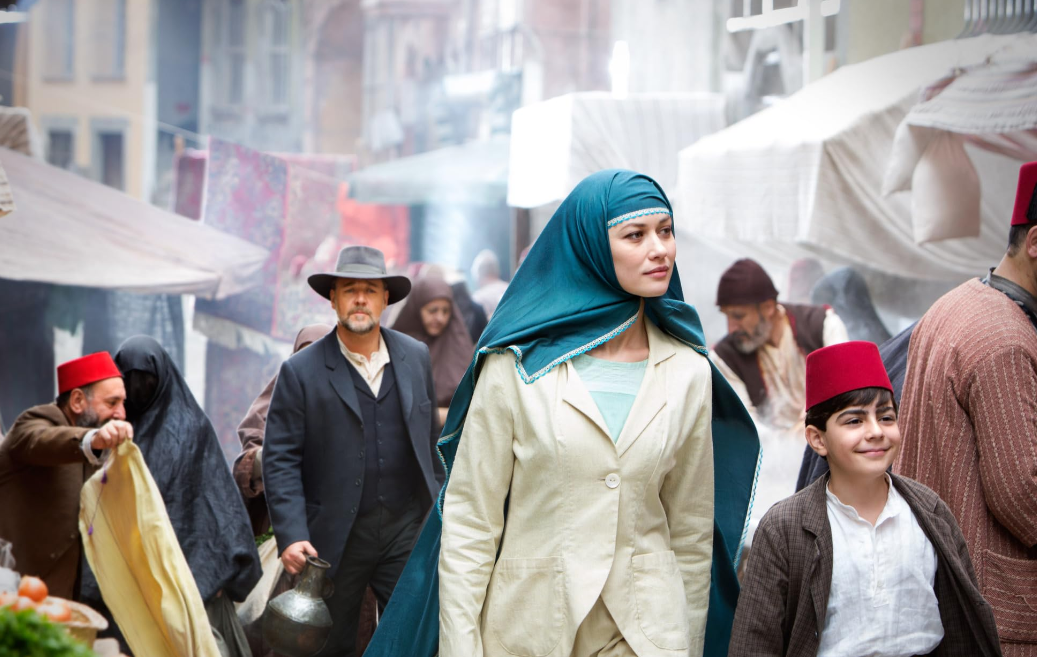
Directed by and starring Russell Crowe, "The Water Diviner" (Son Umut) tells the story of an Australian farmer, Connor, who travels to Türkiye in search of his three sons who fought in the Gallipoli Campaign. Connor's journey takes him from Istanbul to the battlefields of Gallipoli, where he receives help from Turkish officers Hasan and Cemal.
The film portrays the aftermath of the war from both the Turkish and Australian perspectives, emphasizing themes of loss, reconciliation, and the shared humanity of former enemies.
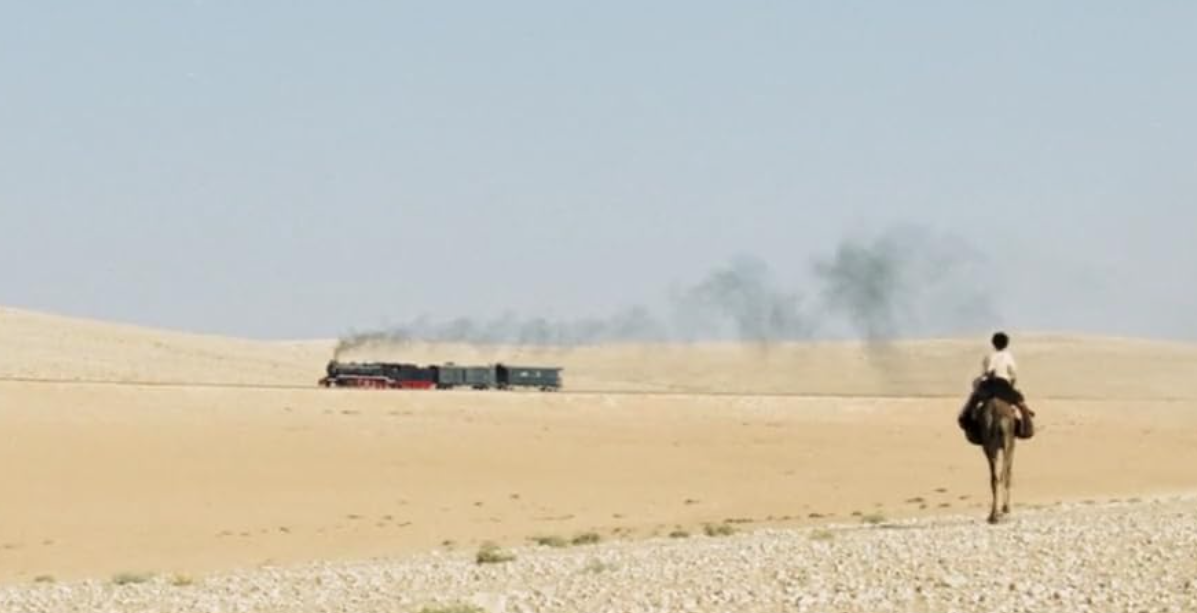
"Theeb" is a coming-of-age story set in the Ottoman-controlled Hejaz during World War I. The film follows a young Bedouin boy named Theeb, who is thrust into a dangerous journey after his tribe offers to guide a British officer through the desert. Along the way, Theeb learns about brotherhood, loyalty, and betrayal as he navigates the harsh desert landscape.
The film provides a glimpse into the impact of the war on the remote regions of the Ottoman Empire and the lives of those who lived there.
These films offer a powerful and immersive exploration of the Ottoman Empire's rich history, from the rise of the empire to its struggles during World War I. Through epic battles, personal stories of survival, and the complexities of international alliances, these cinematic masterpieces capture the essence of an empire that left a lasting impact on the world.
Whether you’re a history enthusiast or a lover of compelling drama, these films are essential viewing for anyone interested in the legacy of the Ottoman Empire.